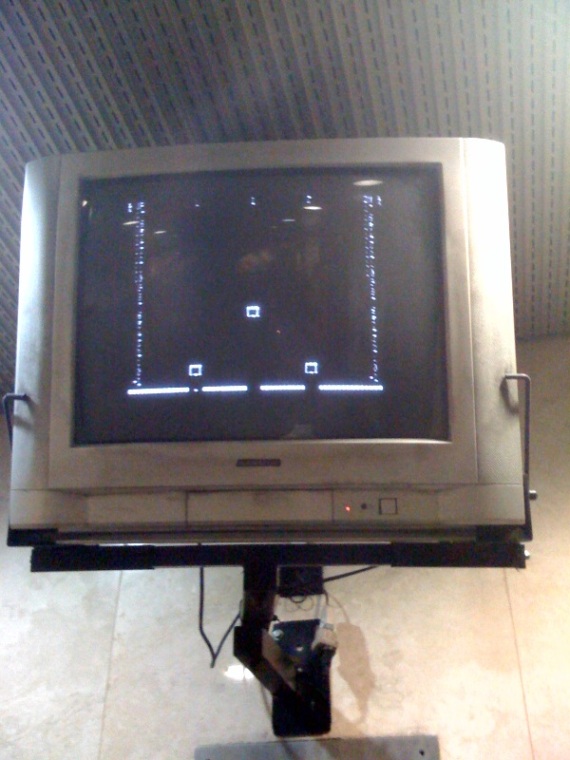Napoleon was well aware of the bad results that might follow if the real facts of the food situation were known, and he decided to make use of Mr. Whymper to spread a contrary impression. Hitherto the animals had had little or no contact with Whymper on his weekly visits: now, however, a few selected animals, mostly sheep, were instructed to remark casually in his hearing that rations had been increased. In addition, Napoleon ordered the almost empty bins in the store-shed to be filled nearly to the brim with sand, which was then covered up with what remained of the grain and meal. On some suitable pretext Whymper was led through the store-shed and allowed to catch a glimpse of the bins. He was deceived, and continued to report to the outside world that there was no food shortage on Animal Farm.
Nevertheless, towards the end of January it became obvious that it would be necessary to procure some more grain from somewhere. In these days Napoleon rarely appeared in public, but spent all his time in the farmhouse, which was guarded at each door by fierce-looking dogs. When he did emerge, it was in a ceremonial manner, with an escort of six dogs who closely surrounded him and growled if anyone came too near. Frequently he did not even appear on Sunday mornings, but issued his orders through one of the other pigs, usually Squealer.
One Sunday morning Squealer announced that the hens, who had just come in to lay again, must surrender their eggs. Napoleon had accepted, through Whymper, a contract for four hundred eggs a week. The price of these would pay for enough grain and meal to keep the farm going till summer came on and conditions were easier.
When the hens heard this, they raised a terrible outcry. They had been warned earlier that this sacrifice might be necessary, but had not believed that it would really happen. They were just getting their clutches ready for the spring sitting, and they protested that to take the eggs away now was murder. For the first time since the expulsion of Jones, there was something resembling a rebellion. Led by three young Black Minorca pullets, the hens made a determined effort to thwart Napoleon’s wishes. Their method was to fly up to the rafters and there lay their eggs, which smashed to pieces on the floor. Napoleon acted swiftly and ruthlessly. He ordered the hens’ rations to be stopped, and decreed that any animal giving so much as a grain of corn to a hen should be punished by death.
(…)
Meanwhile life was hard. The winter was as cold as the last one had been, and food was even shorter. Once again all rations were reduced, except those of the pigs and the dogs. A too rigid equality in rations, Squealer explained, would have been contrary to the principles of Animalism. In any case he had no difficulty in proving to the other animals that they were NOT in reality short of food, whatever the appearances might be. For the time being, certainly, it had been found necessary to make a readjustment of rations (Squealer always spoke of it as a “readjustment,” never as a “reduction”), but in comparison with the days of Jones, the improvement was enormous. Reading out the figures in a shrill, rapid voice, he proved to them in detail that they had more oats, more hay, more turnips than they had had in Jones’s day, that they worked shorter hours, that their drinking water was of better quality, that they lived longer, that a larger proportion of their young ones survived infancy, and that they had more straw in their stalls and suffered less from fleas. The animals believed every word of it. Truth to tell, Jones and all he stood for had almost faded out of their memories. They knew that life nowadays was harsh and bare, that they were often hungry and often cold, and that they were usually working when they were not asleep. But doubtless it had been worse in the old days. They were glad to believe so. Besides, in those days they had been slaves and now they were free, and that made all the difference, as Squealer did not fail to point out.











Recent Comments